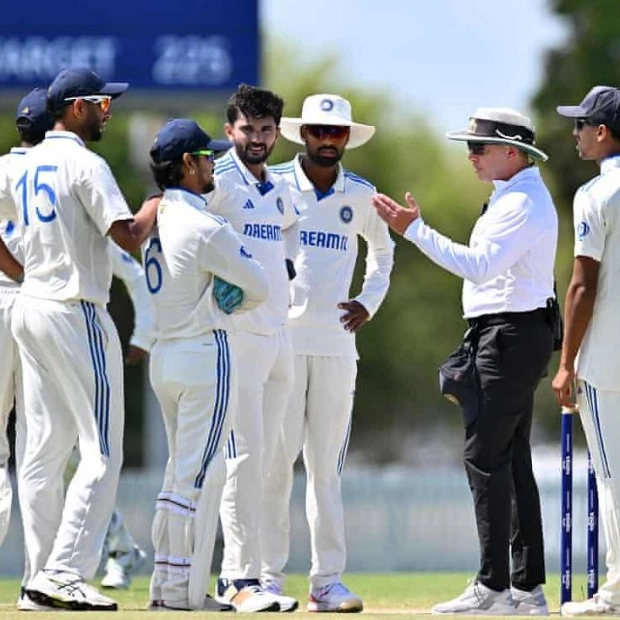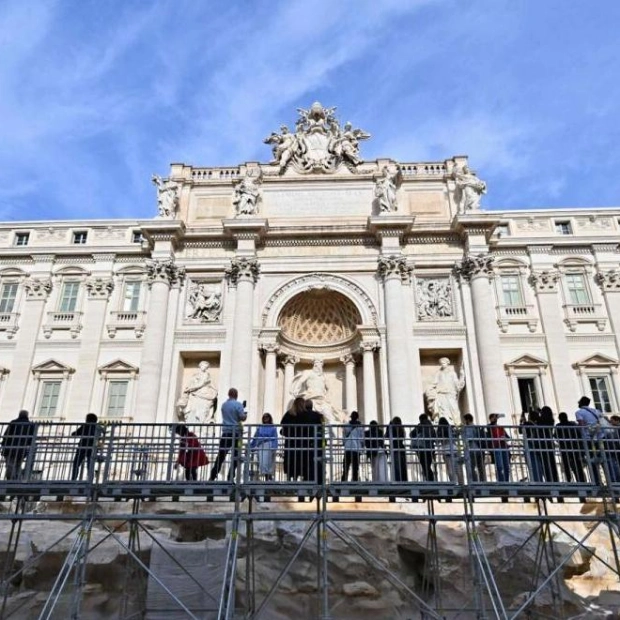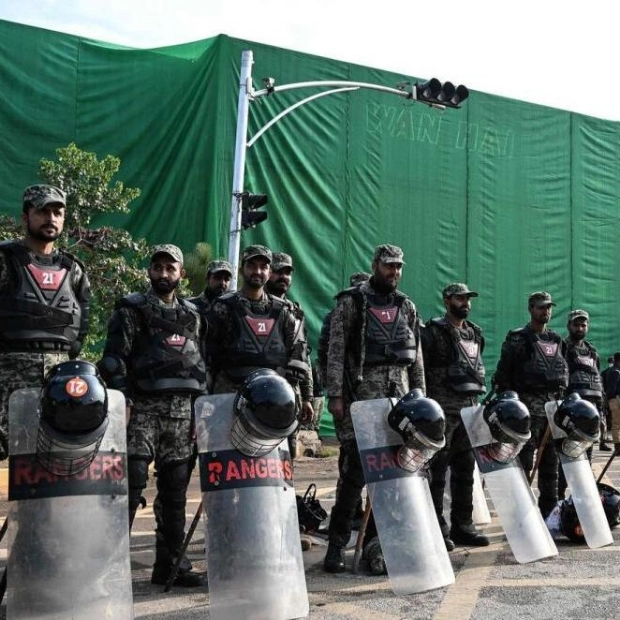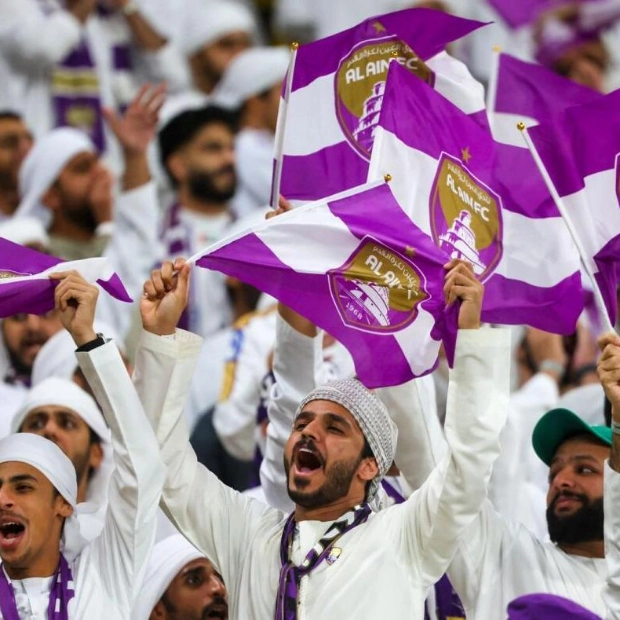Indian Prime Minister Narendra Modi announced on Thursday his intention to push forward with a unified national civil code, a move strongly contested by Muslim activists who view it as an infringement on their religious beliefs. India's population of 1.4 billion adheres to a single criminal law, but personal matters like marriage, divorce, and inheritance are governed by varying regulations. The proposed civil code aims to harmonize laws across all religious groups, yet it has faced vehement opposition from Muslim activists and liberal factions who see it as a threat to the largest religious minority. In his annual Independence Day speech, Modi emphasized that these diverse laws contribute to national division. "Laws that segregate the country based on religion and foster inequality have no role in contemporary society," Modi stated. "Hence, I advocate for a secular civil code in our nation." Modi secured his third consecutive term in June but had to form a coalition government after a surprising electoral defeat for his Bharatiya Janata Party (BJP) left him without an absolute majority for the first time in ten years. The BJP's emphasis on Hindu primacy has heightened concerns among India's Muslim community, which exceeds 220 million people. "The existing civil code is essentially a divisive, discriminatory one," Modi remarked, urging public discourse on the matter. "Everyone should express their views," he addressed the audience comprising students, soldiers, and foreign dignitaries at New Delhi's historic Red Fort, a venue steeped in tradition since Jawaharlal Nehru's tenure as the first prime minister. Modi also demanded swift justice following the brutal rape and murder of a 31-year-old doctor in Kolkata, an incident that sparked widespread protests and a strike by medical professionals. "Crimes targeting women must be investigated promptly; heinous acts against women should be met with severe and swift retribution," he asserted. Additionally, Modi called for stability in neighboring Bangladesh following the resignation of his former ally, Sheikh Hasina, who stepped down as prime minister after a student-led revolt and sought refuge in India. "Events in Bangladesh are of concern. I anticipate a swift return to normalcy there," he noted, expressing worry over assaults on Bangladesh's Hindu minority post-Hasina's exit. "India consistently supports peaceful and stable paths for our neighboring nations... we will continue to be advocates for Bangladesh's developmental progress."
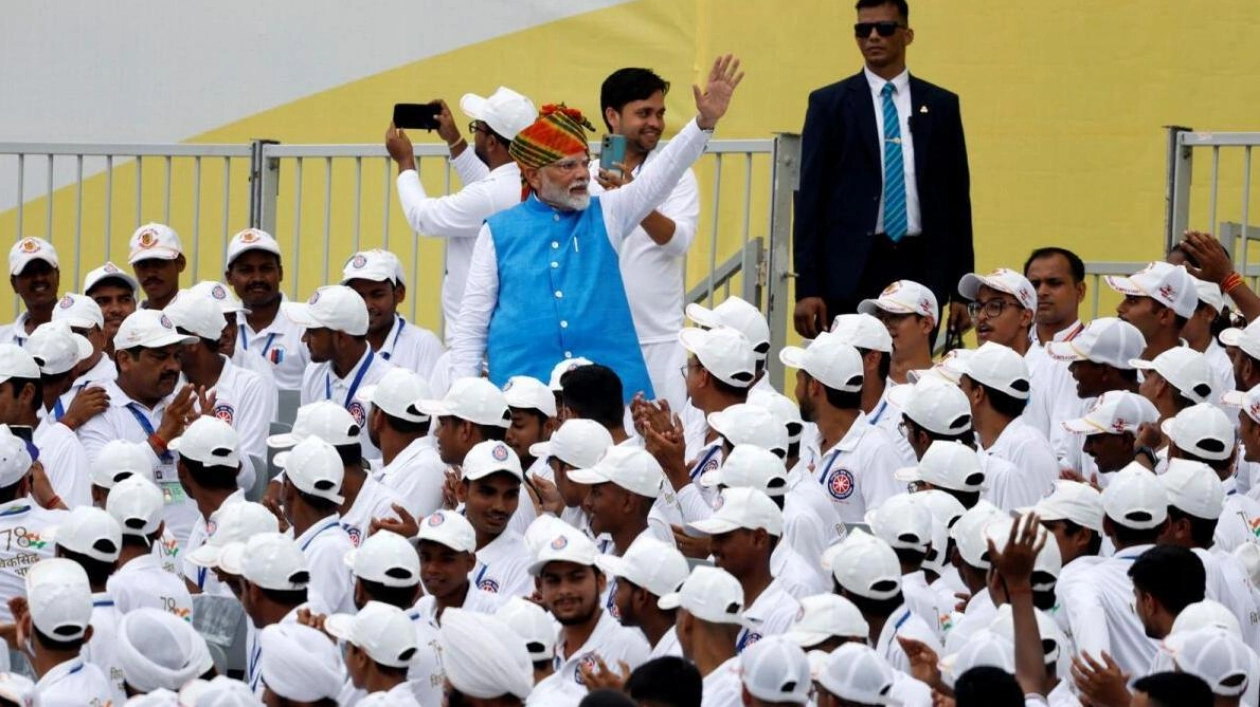
Text: Lara Palmer
15.08.2024
Indian PM's Proposal for Unified Civil Code Faces Strong Opposition from Muslim Activists

